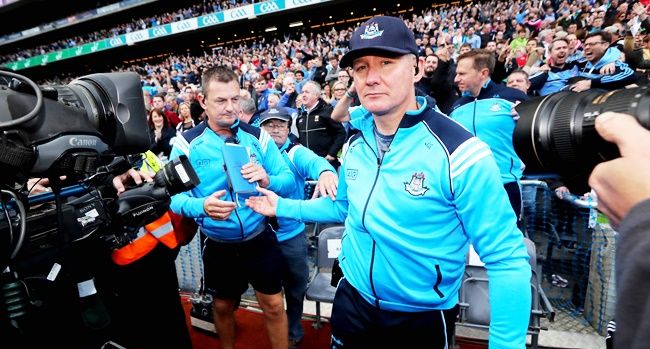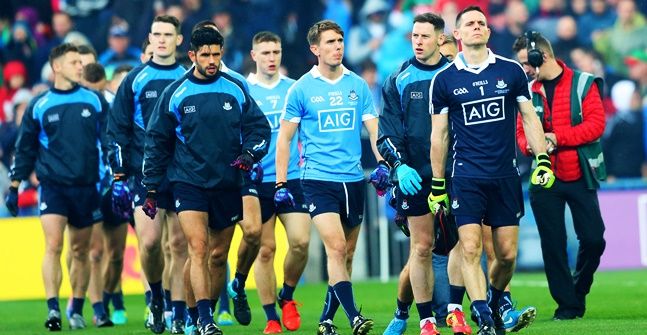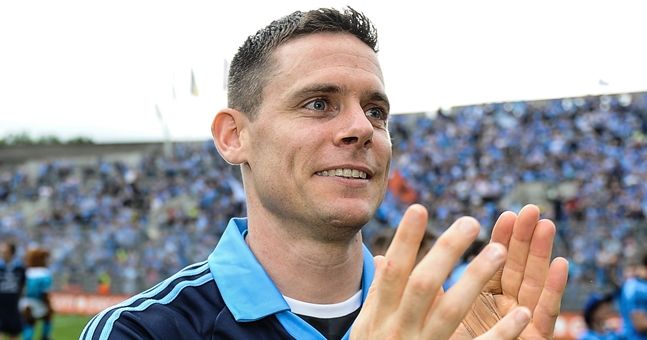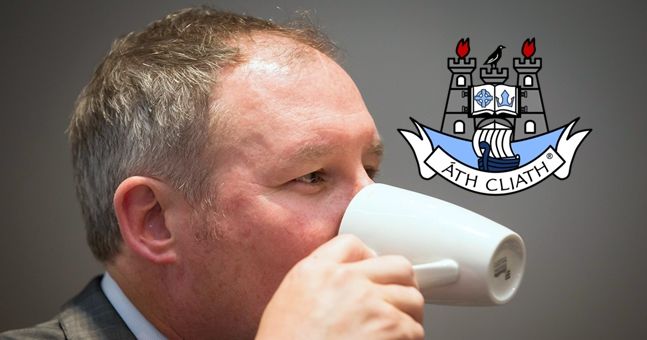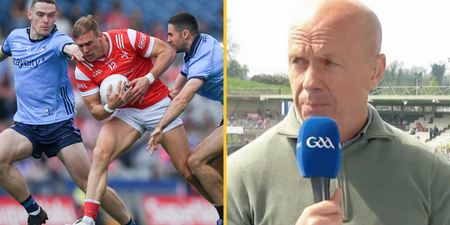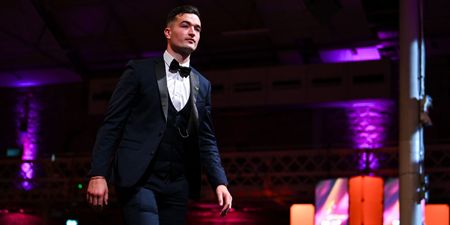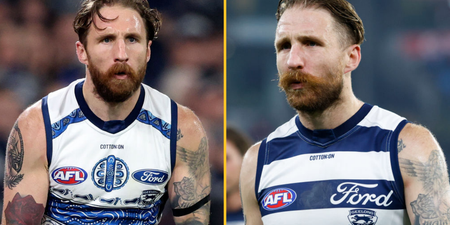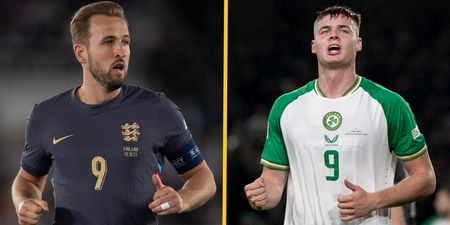The voice of Dublin.
Dublin GAA don’t usually react to the noise made in the background. The players play, the manager doesn’t give much away, the board rarely broach the questions that other counties are constantly asking.
Certain fans in comment sections will always have their say, but rarely does an official or someone high up in Dublin GAA delve into the concerns and complaints of other counties.
It’s all left to John Costello. The Dublin GAA secretary who attempts to put out all fires with one fell swoop every December.
And there are lots of fires. You’ve probably heard them all at this stage, but here’s the gist of them anyway – That Dublin should be split into two or even three for GAA competitions. That the Dublin players don’t have to work normal day jobs. That they have their meals delivered to them every day. That Dublin have way more money through grants and sponsorship than any other county.
Some of the claims should legitimately be debated but that’s one for another day, because first of all we’re going to look at John Costello’s counter-arguments in his secretary report that was released on Tuesday afternoon.
He didn’t disappoint on the entertainment stakes, that’s for sure.
1. The GAA isn’t attractive for the youths of Dublin
Costello claims that his county has it tough to attract youngsters to the GAA.
“I have often said the battle for young hearts and minds is ongoing – and tougher than ever. My belief is that it is tougher in Dublin than in any other county in Ireland,” he says.
Dublin Secretary John Costello has released the Dublin GAA annual report for 2017.
Click the attached link to access it https://t.co/dKzhIPaveV pic.twitter.com/7ShE1VxwEj— Dublin GAA (@DubGAAOfficial) December 12, 2017
Those comments will be hard to stomach for country folk or folk from any other of the 31 counties, in fact.
If Dublin, three-in-a-row All-Ireland winners with poster boys and heroes in abundance for young players to look up to are struggling to sell to the GAA to the youth, where’s the hope for counties that are struggling?
He makes the argument that it’s tough for Dublin too, claiming that in country and rural areas the GAA is everything. This is not always the case. These sports do still exist, believe it or not, in smaller counties – and while there may not be parish rugby or soccer teams, they won’t have to travel much further than Dublin juveniles to join up with them.
The interest in these sports is just as prominent among country youth as it is in Dublin.
“In rural areas, the local GAA club is often the very heart beat of the parish,” added Costello.
“Playing underage for the local club is often a rite of passage for young people. This is less so in the larger suburban areas of Dublin.”
There clearly is some culture in Dublin GAA – just look at the family history in the current team, with James McCarthy and Bernard Brogan and other players following in their father’s footsteps. This was a rite of passage for them. This is a culture Dublin GAA people will be proud of.
“Other sports in the capital are well established, well organised and often directly in competition with our games,” he continues.
Dublin aren’t the only county with well established rugby and soccer clubs. And, regardless, Dublin still have way more underage players than any other county.
2. All-Ireland Apres Match (The whole world was against the Dubs and always is)
Costello devoted a whole section of his report to post All-Ireland commentary on Dublin.
It’s the Dubs against the rest of the world, so he seems to believe anyway. The secretary really went on about the coverage of Dublin in the press.
“A quick spin through this type of ‘commentary’ post this year’s decider against Mayo goes something like this – full-time whistle sounds; Stephen Cluxton lifts Sam; split Dublin in two, actually make that four; these conceited Dubs might be liked by some but they’ll never be loved; these unpatriotic Dubs they should be forced to surrender the GPO!”
Colm O’Rourke led the calls for Dublin to be split, but he first made those claims in 2013 – the year before Dublin went onto win three-in-a-row. His claims were at least debatable and he received much backing. His main argument was that a South Dublin team or a North Dublin team would fare just as well as a whole Dublin team – looking at the amount of class players on Dublin’s bench and not even involved in the squad.
These arguments didn’t just brew straight after Dublin beat Mayo in the All-Ireland final.
On top of that, Dublin aren’t the only county that might be disliked by others – that’s the nature of a game where rivalries are central to everything. Champions will always have begrudgers, but they’ll also, always be admired and respected.
It only got better.
“They’re used by a perennial column written in some publication about the dangers of the ‘Cult of the Manager.’ maybe some commentators should examine the ‘Cult of Me’ which seems very much in vogue with some of them,” said Costello.
“For example have a go at the Dubs, then sit back, get invited as a paid guest onto various radio shows etc – kerching, cha-ching, cha-ching, kerching!”
You’d think having a go at the Dubs was so common that people would be sick of it at this stage.
3. Jim Gavin
The buck stops with the manager. Any sense of discontent in a team and managers will be slaughtered. Jim Gavin isn’t the only manager to have ever shipped some criticism.
Try telling that to Costello.
“Our senior football manager, Jim Gavin, was the target on several occasions during the summer of plenty of hostility – one paper declaring mid-summer that Jim “was losing it” and that it was time for Jim to be moved on as “Dublin now need a true leader”. Jim’s ‘crime’ was standing up for one of his players, Diarmuid Connolly (who knows he crossed the line against Carlow) in the face so much rage and counter-rage.
4. Dig at Mayo
Most observers have come to the conclusion that both Mayo and Dublin employed cynical tactics when the All-Ireland final reached its closing stages.
Most of these observers, be they from Dublin or Mayo, agreed that there is a big difference between cynicism and cheating, and that what both sides did to enhance their chances of winning weren’t out of order.
Costello still seemed to go for a little dig.
“Perhaps we’ll have to get Jim to wear a GPS tracker in future, to give up to the second information on his location. In fact, I think there was a spare one knocking around on All-Ireland Final Sunday,” he said of Lee Keegan’s GPS throw at Dean Rock.

